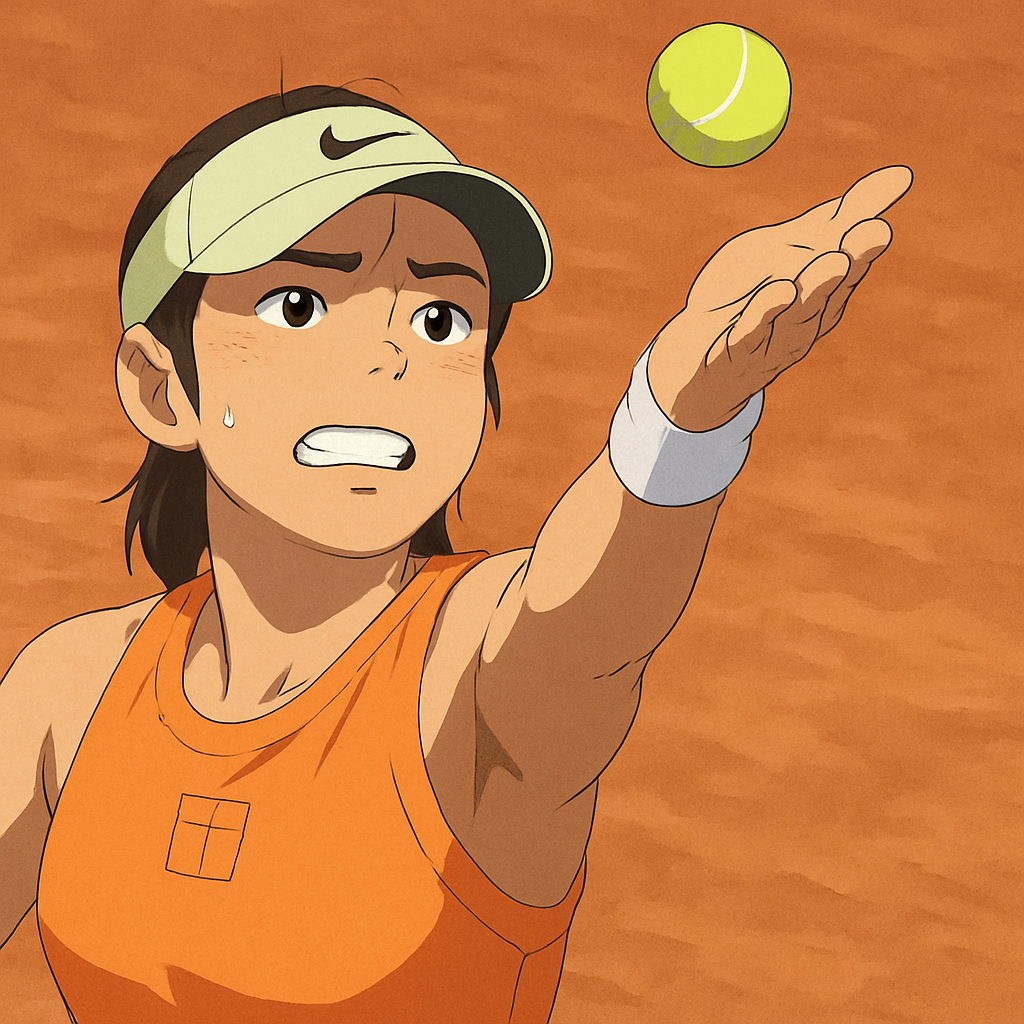PARIS — British tennis sensation Emma Raducanu has been handed an immediate challenge at the French Open following her recent appointment of a new coach, just weeks before the tournament begins. The 2021 US Open champion, who has struggled with injuries and form since her historic Grand Slam victory, now faces the daunting task of adapting to a new coaching dynamic on the clay courts of Roland Garros.
A Late Coaching Change
Raducanu confirmed last week that she had parted ways with her previous coach, Nick Cavaday, after a brief partnership that began in January. In his place, she has appointed former ATP player and clay-court specialist Jean-Christophe Faurel, a move seen as an attempt to bolster her performance on the surface. However, the timing raises concerns, with the French Open set to begin on May 26.
Faurel, who has worked with several top-50 WTA players, is known for his expertise on clay. Yet, integrating a new coach so close to a major tournament presents a significant hurdle. Tennis analyst Mark Petchey noted, "Emma’s decision to switch coaches now is risky. Clay is her weakest surface, and building trust with a new team takes time."
Clay-Court Struggles
Raducanu’s record on clay is far from stellar. Since turning professional, she has won just four matches on the surface, with her most notable result being a second-round appearance at the 2022 Madrid Open. Her lack of experience and comfort on clay was evident in her recent early exits at Stuttgart and Madrid this season.
Key challenges she faces include:
- Adjusting to the slower bounce and longer rallies typical of clay
- Building endurance for grueling baseline exchanges
- Developing effective sliding techniques
Former French Open champion Iva Majoli weighed in, stating, "Emma has the talent, but clay demands patience and tactical nuance. A new coach can help, but it’s a lot to ask in such a short timeframe."
The Pressure of Expectations
Raducanu’s meteoric rise at the 2021 US Open, where she became the first qualifier in history to win a Grand Slam, set expectations sky-high. However, injuries and inconsistent performances have since plagued her career. The French Open presents another opportunity to silence critics, but the pressure is mounting.
Her recent comments suggest she’s aware of the challenge: "Clay isn’t my natural surface, but I’m working hard. Jean-Christophe brings fresh ideas, and I’m excited to learn." Yet, with only a few weeks to prepare, questions remain about whether she can make the necessary adjustments.
The Draw Dilemma
Adding to Raducanu’s concerns is the potential for a tough early-round draw. Unseeded due to her current ranking (No. 85), she could face a top-10 opponent in the first round. A clash with reigning champion Iga Świątek or clay-court specialist Aryna Sabalenka would be a brutal test.
Looking Ahead
Despite the obstacles, Raducanu’s team remains optimistic. Faurel emphasized, "Emma is a quick learner. We’re focusing on small adjustments—better movement, smarter shot selection. The goal is progress, not perfection."
The French Open will be a litmus test for this new partnership. If Raducanu can navigate the early rounds, it could mark a turning point in her season. However, another early exit may intensify scrutiny over her coaching decisions and long-term trajectory.
As the tennis world watches, Raducanu’s ability to adapt under pressure will once again be under the microscope. The French Open, with its unique demands, may prove to be her toughest challenge yet—or the stage for another remarkable chapter in her young career.

